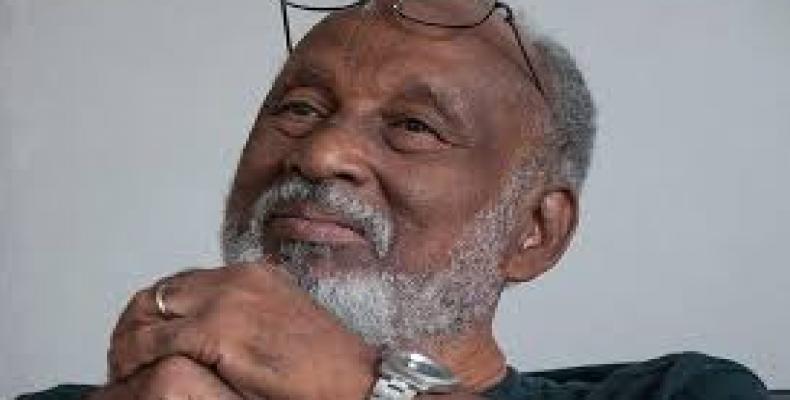In pursuit of greater understanding regarding the possible impact of the results of this Tuesday's mid-term elections in the U.S., Radio Havana Cuba's Roberto Bastidas spoke with Dr. Esteban Morales, a long-time scholar of U.S. affairs in Havana. Morales said the new composition of the U.S. Congress that resulted from the elections needs to be looked at closely, for although the Democrats gained back their control of the House of Representatives and Republicans control the Senate, the bottom-line remains that Congress in the U.S. operates on ideological lines.
Esteban Morales: A Democratic victory has taken place in the House that is indeed more important than what happened in the Senate. As I had predicted the Democrats continue with supremacy in the House, and the Republicans continue with supremacy in the Senate. One would have to observe now the equilibrium that may happen in the Senate between Democrats and Republicans. And one needs also to consider the equilibrium in the House between Democrats and Republicans. Because it should be noted—and this is extremely important—the Congress, which is the most cynical and autocratic institution in the U.S. political system, does not work along party lines but along ideological lines. What this means is that one needs to carefully consider the characteristics within that Democratic majority in the House and those within the Republican majority in the Senate, for there could be Democrats in the House that might behave like Republicans, especially regarding complex issues present in U.S. society today. And likewise,—although probably be more difficult—, we could have in the Senate, Republicans that could lean towards a tendency more supportive of issues in line with those defended by the more progressive Democrats. Now, that can only be assessed on an individual, case by case, name by name basis as we say, focusing on which person may be holding which congressional seat.
RHC: Could this have a bearing on US foreign policy towards Latin America, say towards Cuba, Venezuela, Nicaragua, and nations currently having progressive administrations?
Esteban Morales: Yes, although these have been mid-term elections, and positions held on foreign policy issues do not play any big role in mid-term elections in the U.S. Now, we must say that Trump has exhibited such a neo-liberal, recalcitrant, negative position, especially regarding Cuba and Venezuela, that this new make-up of Congress in the U.S. will have a bigger impact in possibly putting a brake on negative policies that Trump has sought to pursue by further attacking Cuba and Venezuela, all this assisted, from an international standpoint, by the defeat recently suffered by the United States at the United Nations regarding the blockade against Cuba, a defeat whose importance should be emphasized, because it ended being another true Bay of Pigs for the United States, this time at the United Nations. Now, we must recall that when John F. Kennedy suffered the Bay of Pigs defeat, he immediately started preparations to save face with regards to Cuba, leading to the Missile Crisis, and now Donald Trump, via his National Security Advisor John Bolton, the man credited for saying some time back that Cuba was making weapons of mass destruction using its technological infrastructure in conjunction with Iran, is trying to push for a set of measures, using the Helms-Burton Law, to further put pressure on Cuba, and to also attack Venezuela.


